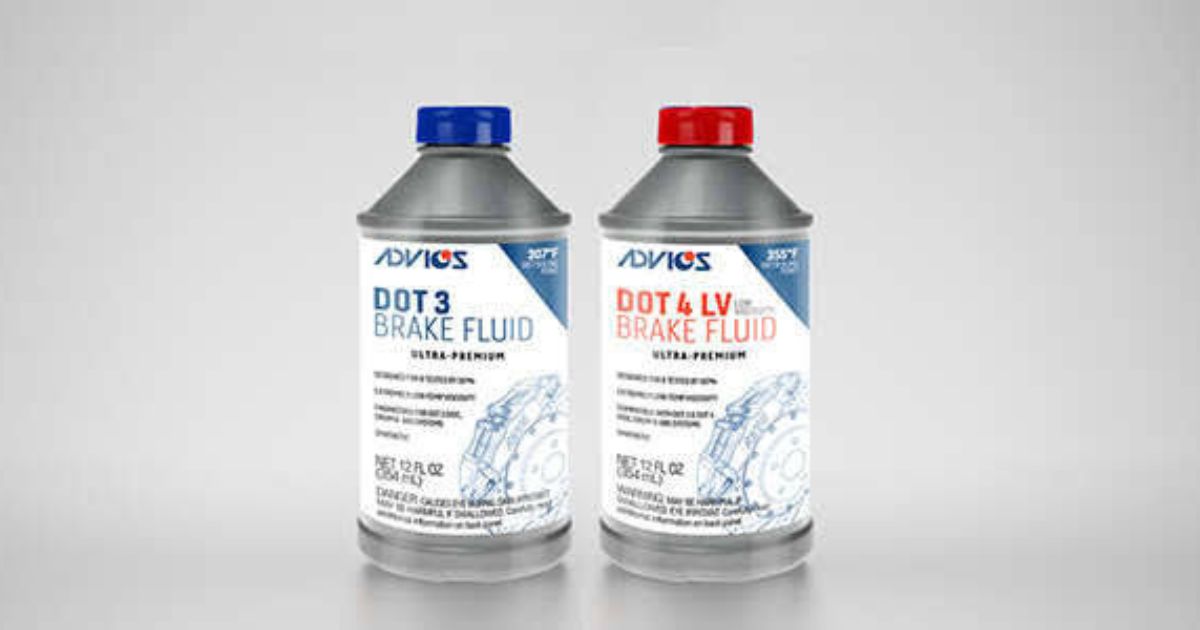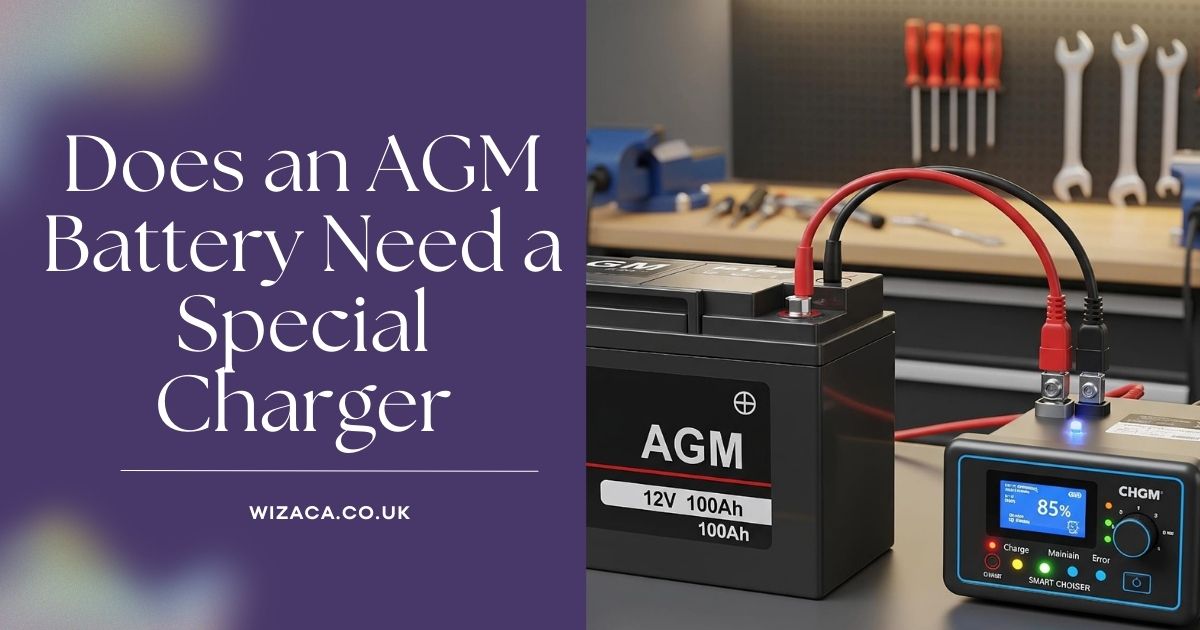Yes, brake fluid brand does matter, but the most important factor is not necessarily the brand itself, but the type and specifications of brake fluid that are suitable for your vehicle. All brake fluids meet specific standards and guidelines set by organizations like the DOT (Department of Transportation) or SAE (Society of Automotive Engineers), so the key is to use the correct type of fluid that matches your vehicle’s needs.
What Should You Consider When Choosing Brake Fluid?
1. Brake Fluid Type
- The most important factor when choosing brake fluid is the type of fluid required for your vehicle, not necessarily the brand. There are several types of brake fluid, each with its own properties and specifications:
- DOT 3, DOT 4, and DOT 5.1 Brake Fluids: These are all glycol-based fluids and are the most commonly used in modern vehicles. The differences between them lie in their boiling points and performance under different temperature conditions.
- DOT 3: Commonly used in older vehicles, with a lower boiling point.
- DOT 4: Higher boiling point than DOT 3, suitable for higher-performance vehicles.
- DOT 5.1: Even higher boiling point, designed for more demanding braking systems.
- DOT 5 Brake Fluid: Unlike DOT 3, DOT 4, and DOT 5.1, DOT 5 is silicone-based and not compatible with glycol-based fluids. It is less common but still used in some vehicles, especially classic cars or off-road vehicles. It has a higher resistance to moisture but is not as widely used.
2. Compatibility with Your Vehicle
- Always refer to your vehicle’s owner’s manual to find the recommended brake fluid type. Using the wrong brake fluid can cause damage to the brake system, resulting in poor performance, leaks, or corrosion.
- For example, DOT 5 brake fluid cannot be mixed with DOT 3, 4, or 5.1 fluids, as it may cause damage to the seals and other parts in the brake system. Mixing different types of brake fluid can lead to brake failure.
3. Boiling Point
- The boiling point of brake fluid is crucial because it determines how well the fluid performs under heavy braking conditions. As brake fluid gets hot, its boiling point is important to prevent vapor lock (when the fluid turns to gas and loses its ability to transmit force to the brakes).
- DOT 3: Lower boiling point
- DOT 4: Higher boiling point
- DOT 5.1: Even higher boiling point, suitable for vehicles with more demanding performance needs.
4. Additives and Performance
- Different brands of brake fluid may contain varying additives that can enhance specific properties, such as corrosion resistance, moisture absorption, or seal compatibility. While the specifications of the brake fluid (e.g., DOT 3, DOT 4) are the most important, the quality of additives can contribute to the overall performance and longevity of the brake fluid.
5. Brand Reputation and Quality Control
- Reputable brake fluid brands, like Bosch, Castrol, Valvoline, and Prestone, adhere to high-quality standards and performance criteria. These brands often undergo more stringent quality control tests and are more likely to produce fluid that meets or exceeds the required specifications.
- Choosing a well-known and trusted brand can help ensure you’re getting reliable and consistent brake fluid.
Can You Mix Brake Fluid Brands?
- Mixing brake fluid brands is generally not recommended. While the fluid may share the same type (e.g., DOT 3), different brands may have different additives or slightly varying chemical compositions. Mixing different brands could potentially affect the fluid’s performance and lead to issues like poor brake performance, moisture retention, or premature wear of the braking system.
- If your brake fluid is low and you’re in a situation where you need to top it off, it is better to use the same brand of fluid that’s already in your system. If you don’t have access to the same brand, it’s important to ensure the fluid type (e.g., DOT 3, DOT 4) matches the original fluid specifications.
Why Brand Might Not Be the Biggest Concern
While the brand of brake fluid is important, the type and specifications of the brake fluid are far more critical. As long as the brake fluid meets the requirements for your specific vehicle, the brand will not have a huge impact on performance. Key factors like fluid type (DOT 3, DOT 4, DOT 5), boiling point, and compatibility with your vehicle’s brake system are the most important considerations.
Conclusion
In conclusion, the brand of brake fluid does matter, but it is more important to ensure that the brake fluid is the correct type (DOT 3, DOT 4, DOT 5, etc.) and meets the necessary specifications for your vehicle. A reputable brand will likely offer better performance, consistency, and quality control, but the primary focus should be on choosing the right fluid for your vehicle’s braking system.
Always refer to your owner’s manual to confirm the right brake fluid type and avoid mixing different fluids or brands unless they are compatible. Regular brake fluid checks and timely replacements are essential to keeping your braking system in optimal condition.
Also Check:
• Does Brake Fluid Remove Car Paint
• Does Brake Cleaner Remove Rust










